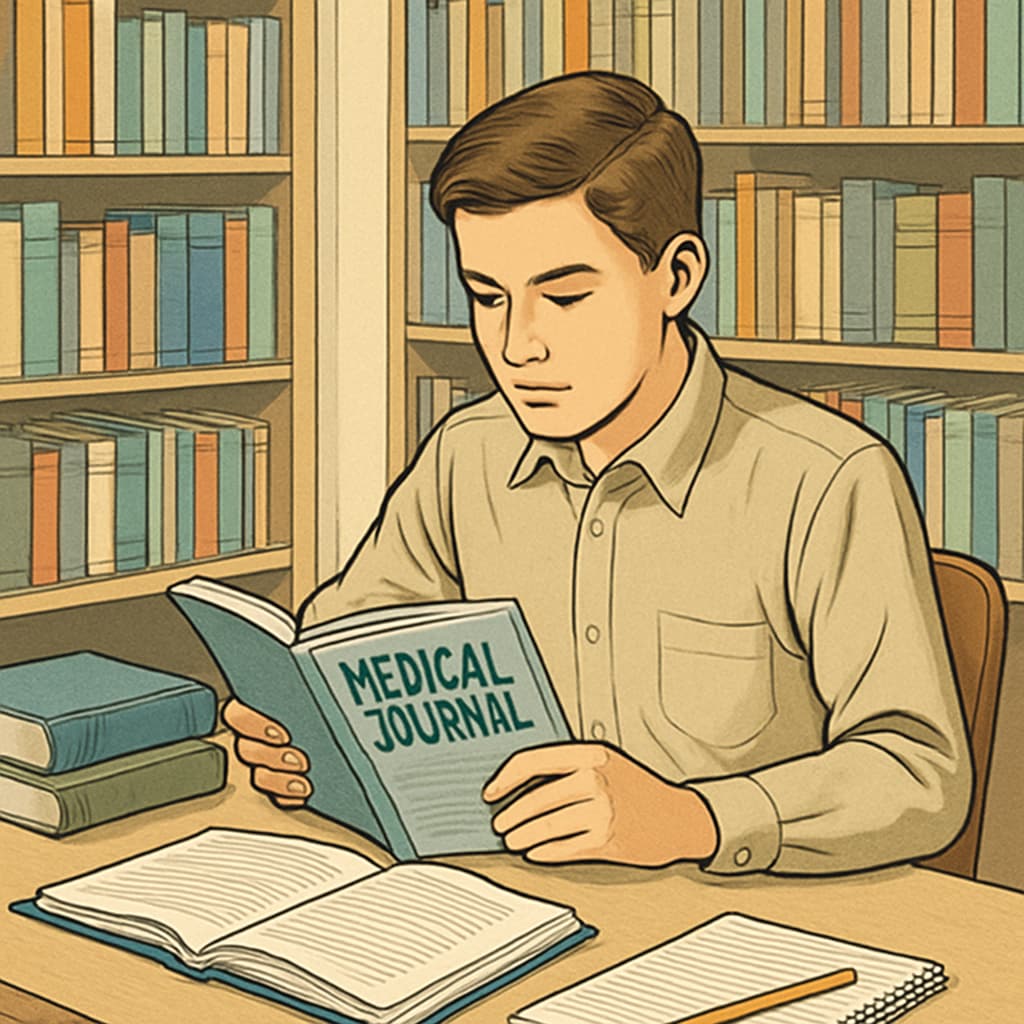For high-achieving students, excelling academically often comes naturally. However, reaching the pinnacle of success requires deliberate effort, particularly in critical areas like mathematics and reading comprehension. This article addresses strategies to further refine these skills, especially for those aspiring to thrive in medicine, where precision and analytical abilities are vital. Whether preparing for academic tests or seeking advanced learning methods, these approaches pave the way for sustained growth.
Enhancing Math Skills for Academic Tests and Beyond
Mathematics plays a pivotal role in many academic disciplines, and mastering it opens doors to boundless opportunities. For students already excelling in math, the next step involves challenging their problem-solving abilities and developing deeper analytical thinking. Here are a few actionable strategies:
- Explore Advanced Topics: Dive into subjects like calculus, statistics, or linear algebra. These areas strengthen logical reasoning and prepare students for complex problem-solving required in fields like medicine.
- Practice Real-World Applications: Use math in practical scenarios, such as analyzing medical data or interpreting scientific research. This approach bridges theory and practice.
- Utilize Online Resources: Platforms like Khan Academy and Brilliant offer advanced courses tailored to gifted students.
By following these strategies, students not only excel in academic tests but also develop skills crucial for professional success.

Refining Reading Skills for Medical Aspirants
Reading comprehension is another cornerstone of academic success, particularly for students interested in medicine. Strong reading skills enable students to navigate complex texts, such as scientific studies or medical journals. To refine this skill, consider the following:
- Engage with Challenging Literature: Read books, articles, or research papers in the medical field. This builds familiarity with technical language and concepts.
- Improve Speed and Retention: Use techniques like skimming and summarizing to grasp essential information quickly and retain it effectively.
- Join Discussion Groups: Participate in academic forums or book clubs focused on scientific literature. Engaging with peers encourages critical thinking and deeper understanding.
These strategies prepare students to excel not only in academic tests but also in future studies and professional roles.

Balancing Advanced Learning with Personal Growth
While academic skills are essential, students must also prioritize personal development to maintain balance and avoid burnout. Incorporating these habits into daily routines helps sustain long-term success:
- Stay Curious: Cultivate a mindset of inquiry and exploration. This drives motivation and keeps learning exciting.
- Seek Mentorship: Connect with educators, professionals, or peers in the desired field. Their guidance can provide invaluable insights.
- Practice Time Management: Structure study sessions effectively to maximize efficiency without sacrificing leisure or relaxation.
As a result, students remain motivated and prepared to face challenges with resilience and determination.
Readability guidance: This article uses concise paragraphs, clear lists, and a structured format to ensure easy comprehension. Transition words such as “however,” “in addition,” and “for example” are integrated to maintain flow. With actionable tips and external resources, it serves as a practical guide for high-achieving students aiming for excellence.


